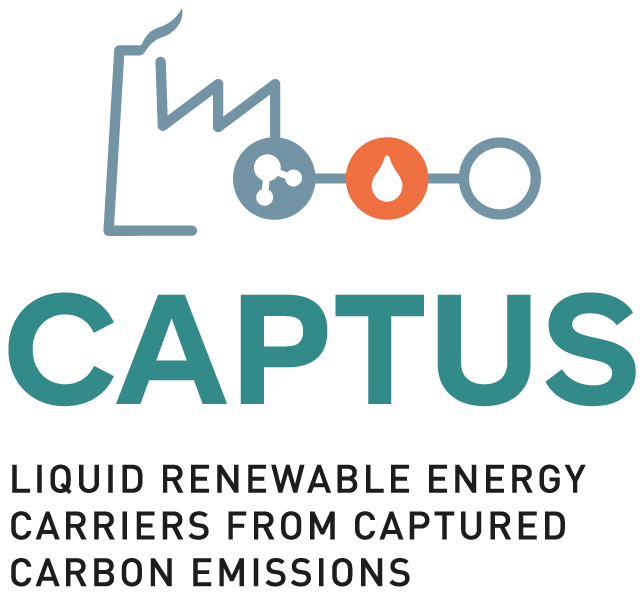Our partner University of Cantabria (UNICAN) just published a new peer-reviewed article ( “Inhibiting salt precipitation on the gas diffusion electrode surface in gas-phase CO2 electroreduction to formate by using an acidic anolyte”) with some very interesting project’s results in the Journal of CO2 Utilization.
The gas-phase CO2 electroreduction to formate represents one of the most promising CO2 conversion processes, however, the use of alkaline media anolytes, intended to improve the efficiency and selectivity of formate production, causes the carbonate and bicarbonate salts to precipitate over the Gas Diffusion Electrode (GDE). This precipitation clogs the porous structure, leading to a rapid loss of electrode stability. In this work, UNICAN addressed this issue by proposing the use of acid anolytes, based on K2SO4, to mitigate the precipitation of insoluble salt on the GDE structure, thereby achieving longer and more stable GDE operation times.
The results of this publication represent a promising advance in obtaining longer-lasting GDEs, which are crucial to successfully scaling up the CO2 electroreduction to formate.
This article is already available in the scientific publication section on our website!

